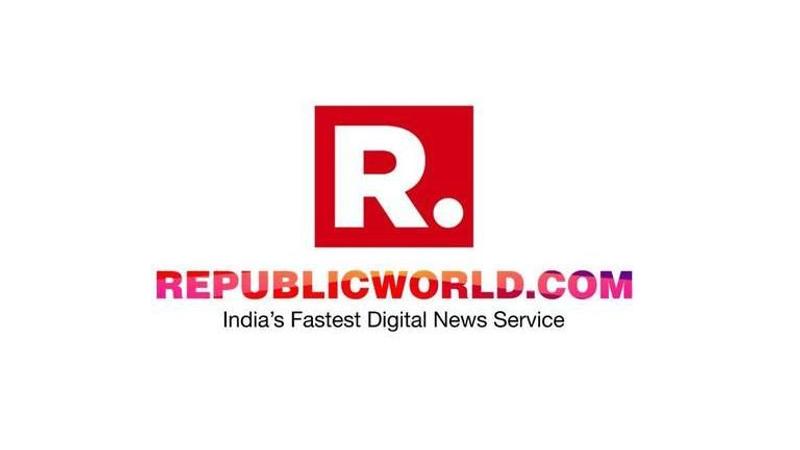Published 16:04 IST, October 28th 2019
Protesters form human chain across Lebanon against alleged corruption
Protesters formed a human chain across Lebanon running from the south to the north of the country in a symbolic display of unity against alleged corruption

Thousands in Lebanon formed a human chain on Monday, against political leaders blamed for corruption and steering the country towards economic collapse. According to reports, the protests have been lingering for 11 days and until now there has been no sign of moves by the government towards a compromise with protesters whose demands include its resignation. The millers' association in Lebanon reportedly said that the wheat stocks could last just for 20 days due to problems in making foreign currency payments over the past two months due to financial strains. Lebanese banks that have remained closed for eight working days will remain shut on Monday as the bankers fear the customers will try to take out their savings when they reopen amidst the crisis. Schools and many businesses have also shut their doors.
A symbolic display of unity
The protesters are furious at a sectarian ruling elite, who they accuse of plundering state resources for personal gains. The demonstrations were initially sparked by a government plan to tax WhatsApp calls and now have swept Lebanon at a time of deep economic crisis. The army has failed to persuade the protesters to get off the roads.
People joined hands along coastal roads on Sunday, aiming to span 171 kilometers from the south to the north in an attempt to protest silently. Speaking to the media, one of the protesters said the chain is a symbolic display of people's unity against corruption. The size and geographic reach of the protests have been extraordinary.
At the Vatican, Pope Francis offered his prayers for young protesters in Lebanon and asked for the international community's support to keep the country a place of peaceful coexistence.
Lebanese economic crisis
The millers' association, on the other hand, said that until payments are settled, grain cannot be discharged. The country is struggling with one of the world's heaviest public debt burdens at 150% of GDP, which has forced it to declare an economic emergency. According to analysts, the currency inflow into the country is lower than the outflow which puts depositors at risk. Though the government has announced an emergency reform package, it has failed to defuse the protests. Lebanon will have to convince foreign donors to unlock billions pledged at a donor conference last year.
Updated 16:56 IST, October 28th 2019




